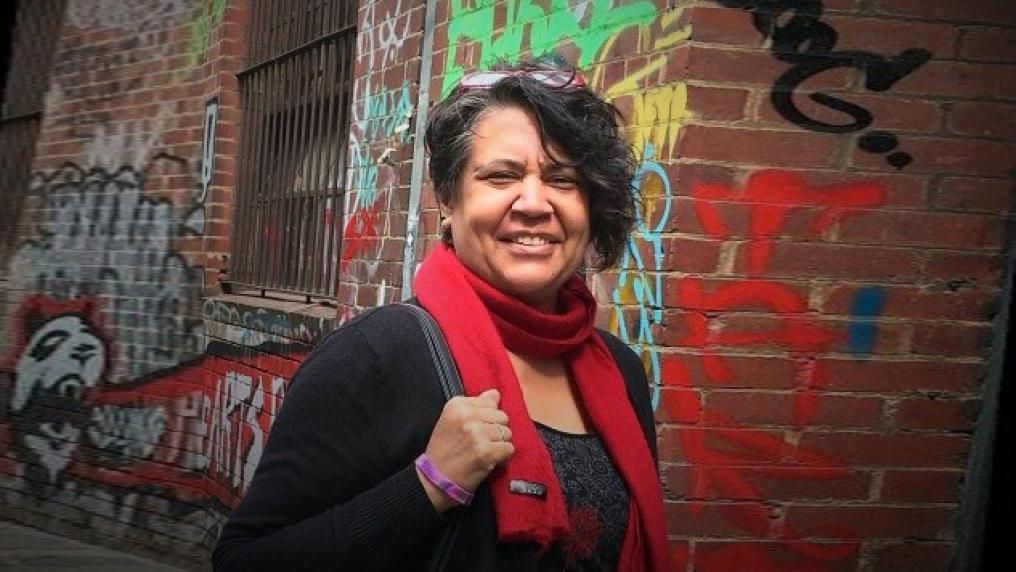Activating positive change for the future

Of course there are complex and uncomfortable issues, but Aboriginal history needs to be part of our education – it’s fundamental to preventing us from repeating mistakes of the past.
Jacqui Katona
Lecturer: Aboriginal history and politics
When a teacher possesses not only a wealth of knowledge, but wisdom gained through decades of experience, students become truly engaged. Aboriginal history and politics lecturer Jacqui Katona teaches these crucial subjects to VU students – some of whom are unaware they’re learning from a key contributor to this history.
A Djok woman from the Kakadu area of the Northern Territory, Jacqui Katona has worked for decades as an Aboriginal activist and advocate; including assisting her family to block uranium mining from Jabiluka in Kakadu National Park, and with the Royal Commission into Aboriginal Deaths in Custody and the Stolen Generations Northern Territory. Together with Yvonne Margarula, of the Mirrar, she shares the Goldman Environmental Prize for Island Nations.
"I started teaching with VU’s Moondani Balluk Indigenous Academic Unit in 2018," says Jacqui. "Teaching Aboriginal Tradition & Policy, and Indigenous Perspectives on Environmental Sustainability. Aboriginal Tradition and Policy is a compulsory subject in social work, and most students from criminal justice, education, arts and health courses."
"I’ve had some difficult teaching experiences – including during a previous lecturing position, watching an auditorium full of students walk out because they didn’t want to hear the truth."
Of course there are complex and uncomfortable issues, but Aboriginal history needs to be part of our education – it’s fundamental to preventing us from repeating mistakes of the past.
"In the first week, we bust myths and smash stereotypes. We set boundaries and discuss cultural identity and acceptance, which helps build trust.
Students develop their critical analysis as we investigate topics like the sensationalism of mainstream media, and its possible commercial or political motivations. You can see students start to question what’s previously been presented to them as fact."
Jacqui sees that VU’s refugee and migrant students really relate to the course material. "They recognise the way their own communities are portrayed in the media, and they can identify with the Aboriginal narratives. I’m determined to share these important lessons with people who may not have otherwise had the opportunity to learn them."
"We’re currently experiencing a shift. Non-Aboriginal students are questioning the ill-informed views of people around them. When students are passionate about becoming participants in positive change in their own circles, I know we’re making a difference.”